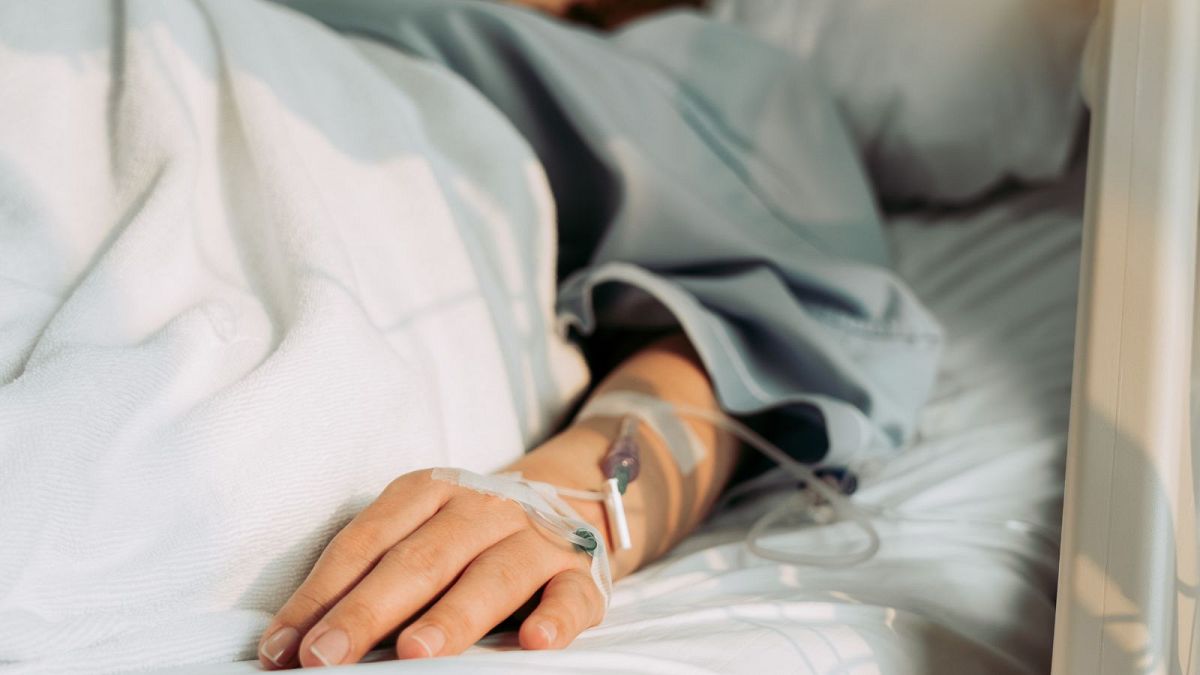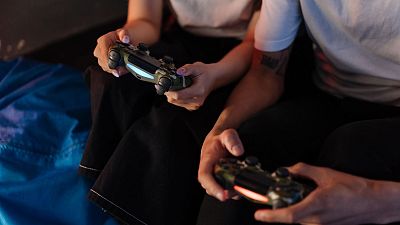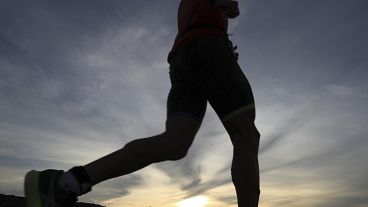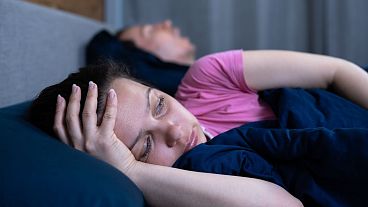A recent study found that 25 per cent of patients in unresponsive states were shown to respond cognitively to instructions on a brain scan.
A recent study found that about one in four people who have disorders of consciousness, such as being in a coma or a minimally conscious state, may still have cognitive function.
Even though they can't move or speak, these individuals were shown via brain scans to be able to sometimes perform cognitive tasks following instruction.
The study looked into participant data from 2006 to 2023, gathered from various healthcare settings across six multinational sites, including some in Europe.
It looked into the prevalence of "cognitive motor dissociation" based on the data of 353 patients who have suffered severe brain injuries following events such as severe trauma, strokes, or lack of oxygen after a heart attack.
"Cognitive motor dissociation" describes a state where individuals who cannot physically respond to commands still exhibit brain activity in areas typically responsible for movement.
"Some patients with severe brain injury do not appear to be processing their external world. However, when they are assessed with advanced techniques such as task-based fMRI and EEG, we can detect brain activity that suggests otherwise," Dr Yelena Bodien, the lead study author from Harvard Medical School and Massachusetts General Hospital’s research institute in the US, said in a statement.
Brain patterns similar to healthy people
The findings were published in the New England Journal of Medicine.
The patients were divided into two groups, one group consisted of 241 individuals who could not respond to bedside tests, and the other group included 112 individuals who were responsive.
The study found that about 25 per cent of those in the unresponsive group could perform mental tasks and showed brain activity patterns similar to healthy people when given the same instructions.
The other group did a bit better, with 38 per cent of them showing consistent brain activity during scans.
Still, even though they had an observable response to commands at the bedside, more than 60 per cent of them didn’t show a response to commands in the scans.
The state of consciousness, or mental activity, was assessed through either or both of two types of brain scans.
The first one, functional magnetic resonance imaging (fMRI), was used to measure brain activity by looking at blood flow and oxygen levels in the brain.
'Ethical obligation'
The other scan was an electroencephalography (EEG) which involved using an electrodes-covered cap on the person’s scalp to measure their brain wave activity directly.
According to the study, "most participants underwent either an fMRI or EEG assessment, with some (35 per cent) having both".
During the scans, the patients were given instructions like "imagine opening and closing your hand," and after 15 to 30 seconds, they were told to "stop imagining opening and closing your hand".
Scientists were able to detect brain activity following the instructions in some of the patients over several minutes, even in the absence of any physical response.
"We find that this kind of sharp dissociation of retained cognitive capabilities and no behavioural evidence of them is not uncommon," Dr Nicholas Schiff, senior study author from Weill Cornell Medical College in the US, said in a statement.
"I think we now have an ethical obligation to engage with these patients, to try to help them connect to the world," he added.















